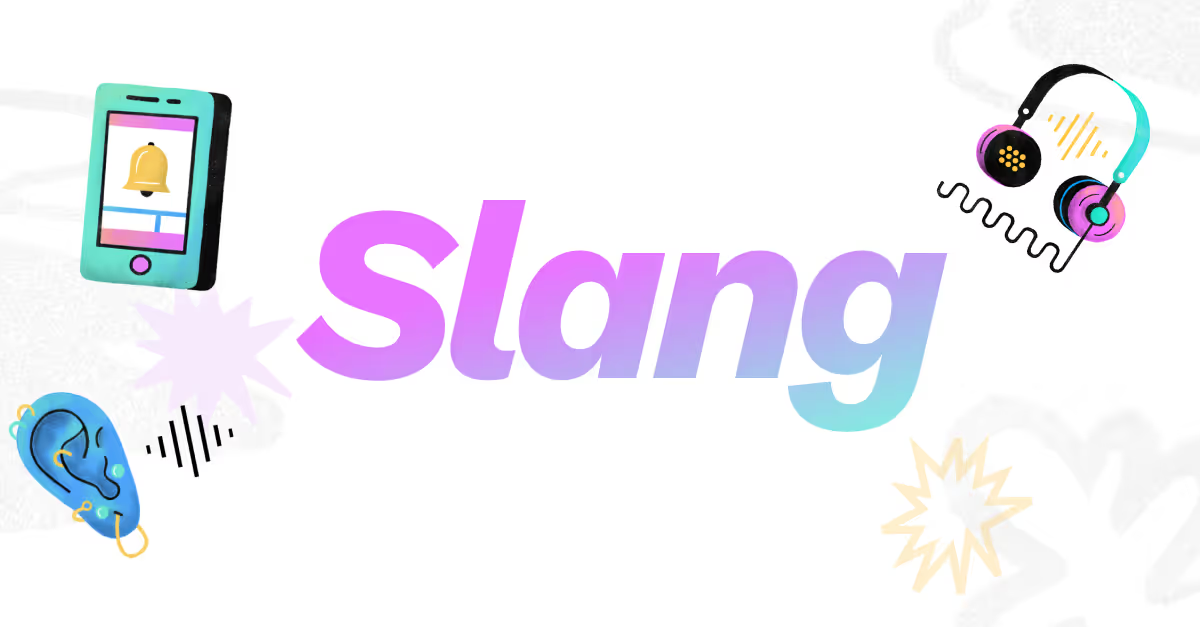
Slang AI envisions a future where every interaction with a business is seamlessly personalized, efficient, and enjoyable, transforming how restaurants connect with their guests through voice technology. By harnessing advanced AI-powered voice agents, the company is crafting experiences that blend natural conversation with operational excellence to unlock new revenue streams and elevate hospitality standards.
With a foundation built on deep analysis of real-world conversational data and cutting-edge integration with industry-leading reservation systems, Slang AI drives meaningful change in restaurant operations. Their platform doesn't just automate calls—it understands and anticipates guest needs, allowing hospitality teams to focus on creating memorable dining experiences.
Slang AI is building the future of voice AI for hospitality, where technology empowers businesses to never miss an opportunity, respond with empathy, and delight every caller. Their pioneering approach redefines customer engagement, making every restaurant call a vital and valued connection.
Our Review
We've been watching Slang AI for a while now, and honestly, it's one of those companies that makes you think "why didn't anyone build this sooner?" Founded by two ex-Spotify data scientists during the pandemic, they've carved out a surprisingly lucrative niche: making restaurant phone calls actually work.
The premise is simple but brilliant. Most restaurants miss about a third of their calls because they happen outside business hours, and even when staff are available, they're often too busy to answer. Slang AI steps in with a voice agent that sounds remarkably human and can handle the bread-and-butter stuff—reservations, directions, allergy questions—while routing the complex calls to actual people.
What Made Us Take Notice
The numbers are what caught our attention first. A 96% customer satisfaction rate for an AI system? That's genuinely impressive, especially in hospitality where people expect that personal touch. But what really sold us was learning they've analyzed hundreds of thousands of real restaurant calls to train their system.
This isn't some generic chatbot slapped onto phones. They've built something that understands restaurant-specific language, seasonal menu changes, and the difference between "I need a table for eight" and "my anniversary dinner was ruined."
The Integration Game
Here's where Slang AI gets clever—they've integrated directly with OpenTable, SevenRooms, and other major reservation platforms. So when their AI books a table, it shows up in your existing system instantly. No double-booking disasters, no manual data entry.
We love that they've thought through the handoff process too. If someone calls about a complaint or wants to book a $5,000 private event, the system knows to route that to a human immediately. It's AI that knows its limits.
Who This Actually Works For
Slang AI is laser-focused on full-service restaurants—the kind where reservations matter and phone calls drive real revenue. If you're running a fast-casual spot where most orders come through apps, this probably isn't for you.
But for independent restaurants and small chains drowning in phone calls? This could be transformative. Their recent data shows 71% of restaurant calls are directly revenue-related, which means every missed call is literally money walking out the door.
The $20 million funding round in 2024 suggests investors see the same potential we do. Sometimes the best AI solutions aren't the flashiest ones—they're the ones that solve real, expensive problems that everyone just accepted as "part of the business."
Feature
Automate inbound calls 24/7 for reservations, FAQs, and inquiries
Integrate with reservation systems like OpenTable, SevenRooms, Tripleseat, Yelp
Route high-priority calls to staff with custom routing and real-time alerts
Measure customer satisfaction with over 96% guest satisfaction rate
Provide detailed analytics and actionable insights to capture revenue opportunities
Natural, human-like AI conversations with fallback to human staff if needed








